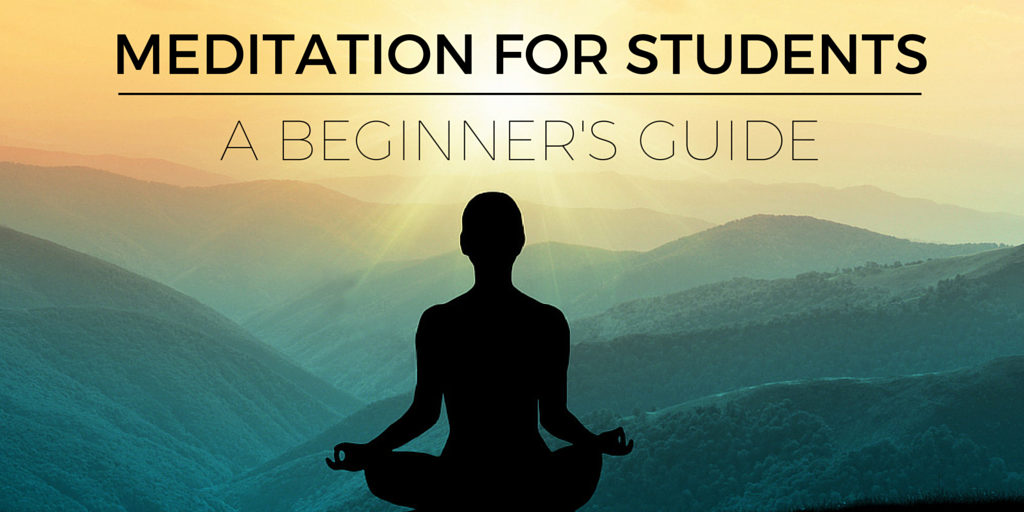Within the dynamic realm of academia, students discover themselves managing a plethora of obligations, spanning from attending lectures and completing assignments to participating in extracurricular pursuits and engaging in social commitments. In the midst of this whirlwind of activities, the art of meditation arises as a symbol of tranquility, presenting students with a diverse range of advantages that enhance both their holistic wellness and their accomplishments in their academic endeavors.

Enhanced Focus and Concentration
Meditation acts as a mental workout, training the mind to be present and focused. For students, this translates into improved concentration during lectures, study sessions, and exams. Regular meditation cultivates the ability to stay centered on tasks, filtering out distractions that often lead to fragmented attention. As a result, students become more efficient learners, absorbing information with greater clarity and depth.

Stress Reduction
The academic journey is peppered with deadlines, exams, and high expectations, which can lead to heightened stress levels. Meditation provides students with a safe haven, a mental retreat where they can unwind and let go of stress. By engaging in mindfulness practices, students learn to manage their stress responses, promoting a sense of calmness and emotional resilience. Reduced stress not only fosters a healthier mental state but also enhances cognitive functions.

Improved Memory Retention
The art of meditation stimulates various brain regions responsible for memory consolidation and retrieval. Through regular practice, students can enhance their memory retention, making it easier to absorb and recall information during exams. Techniques such as visualization and mindfulness meditation contribute to sharpening memory by encouraging active engagement with the learning material.

Emotional Regulation
University life often presents an array of emotional challenges, from homesickness to relationship strains. Meditation equips students with the tools to regulate their emotions effectively. By developing a heightened awareness of their feelings, students can respond to situations in a more balanced and composed manner. This emotional stability not only fosters better interpersonal relationships but also creates a positive atmosphere for personal growth.
Boosted Creativity
Meditation encourages divergent thinking, a cornerstone of creativity. Engaging in mindfulness exercises opens up new channels of thought, allowing students to approach problems from fresh perspectives. This creative expansion is invaluable in disciplines that require innovative solutions, pushing students to think beyond conventional boundaries and explore uncharted intellectual territories.

Time Management Proficiency
As students strive to strike a balance between academic pursuits and personal life, time management becomes a crucial skill. Meditation hones the ability to prioritize tasks and manage time effectively. By honing their awareness of the present moment, students can make mindful decisions about how to allocate their time, leading to increased productivity and a more balanced lifestyle.

Conclusion
The journey through academia is a transformative phase of life, and meditation serves as a guiding light that facilitates personal and academic growth. The advantages of incorporating meditation into students’ lives are diverse and extensive, encompassing improvements in concentration, stress alleviation, memory amplification, emotional control, inventive thinking, and efficient time utilization. By integrating meditation into their daily schedules, students arm themselves with potent resources that elevate their overall health and provide them with the strength to elegantly and resiliently navigate the complex journey of education.
Read More:- The Transformative Power of Yoga: Benefits for Students
Read More:- Making a Reasonable Way of Life: The Way to Wellbeing and Satisfaction


